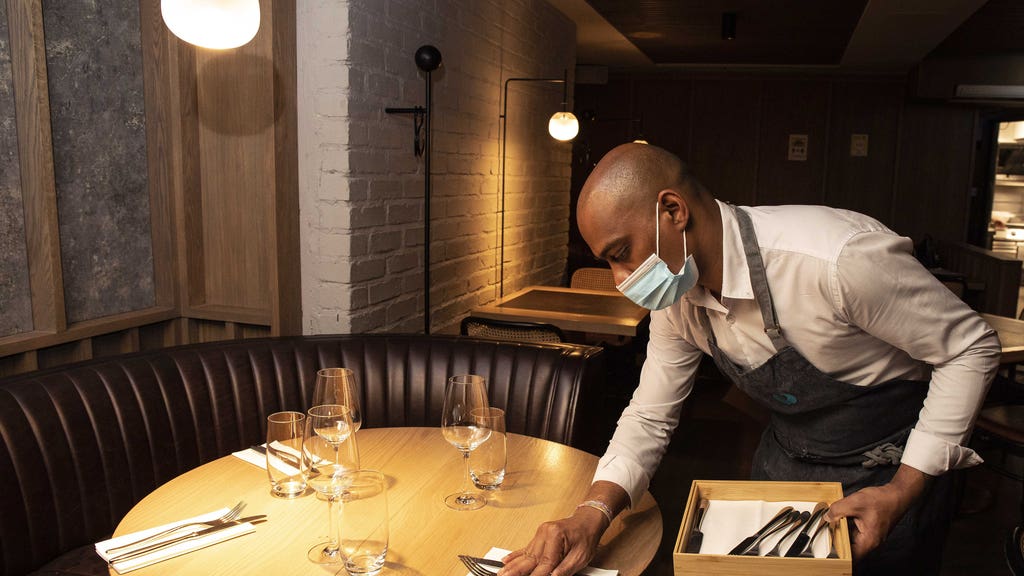
Sustainability in the restaurant world begins long before a dish reaches the table. Every decision made in the kitchen, from sourcing ingredients to managing waste, affects both the quality of the food and the impact on the planet. A cleaner and greener kitchen is not only more efficient but also a reflection of care, professionalism and respect for resources.
In a professional kitchen, even small habits matter. Reducing water use, sorting waste properly and replacing single-use items with reusable alternatives all make a visible difference. Many restaurants now focus on local and seasonal products to limit transport emissions and to support regional producers.
Cleanliness is equally important. An organised and well-maintained kitchen helps to reduce waste, improve hygiene and save energy. When equipment is cleaned regularly and stored correctly, it lasts longer and performs better.
Energy consumption remains one of the biggest challenges for the hospitality sector. Simple adjustments, such as installing induction hobs, using LED lighting and monitoring refrigeration, can reduce costs while limiting environmental impact.
Waste management is another key issue. Recycling and composting should become part of the daily routine, along with the recovery of used materials. Responsible cooking oil collection for restaurants, for instance, prevents pollution and turns waste into renewable energy sources. Certified partners like Quatra help restaurants by collecting and recycling used oil safely and transforming it into the raw material for biofuel instead of waste.
Creating a greener restaurant is not only about technology or equipment. It is also about people. Training staff to use energy efficiently, to clean in smarter ways and to reduce food waste brings lasting results. When everyone in the kitchen understands why these actions matter, sustainability becomes part of the restaurant’s culture rather than an occasional effort.
A clean kitchen is more than a requirement for hygiene inspections. It reflects professionalism, organisation and pride in the craft. Guests may never see what happens behind the scenes, but they feel the difference in the quality of the experience.
A sustainable approach builds trust with customers, reduces costs and improves working conditions. Cleaner kitchens lead to better food, happier staff and a smaller environmental footprint. In the long term, they also set the standard for what modern dining should be: responsible, transparent and deeply connected to the world aroun